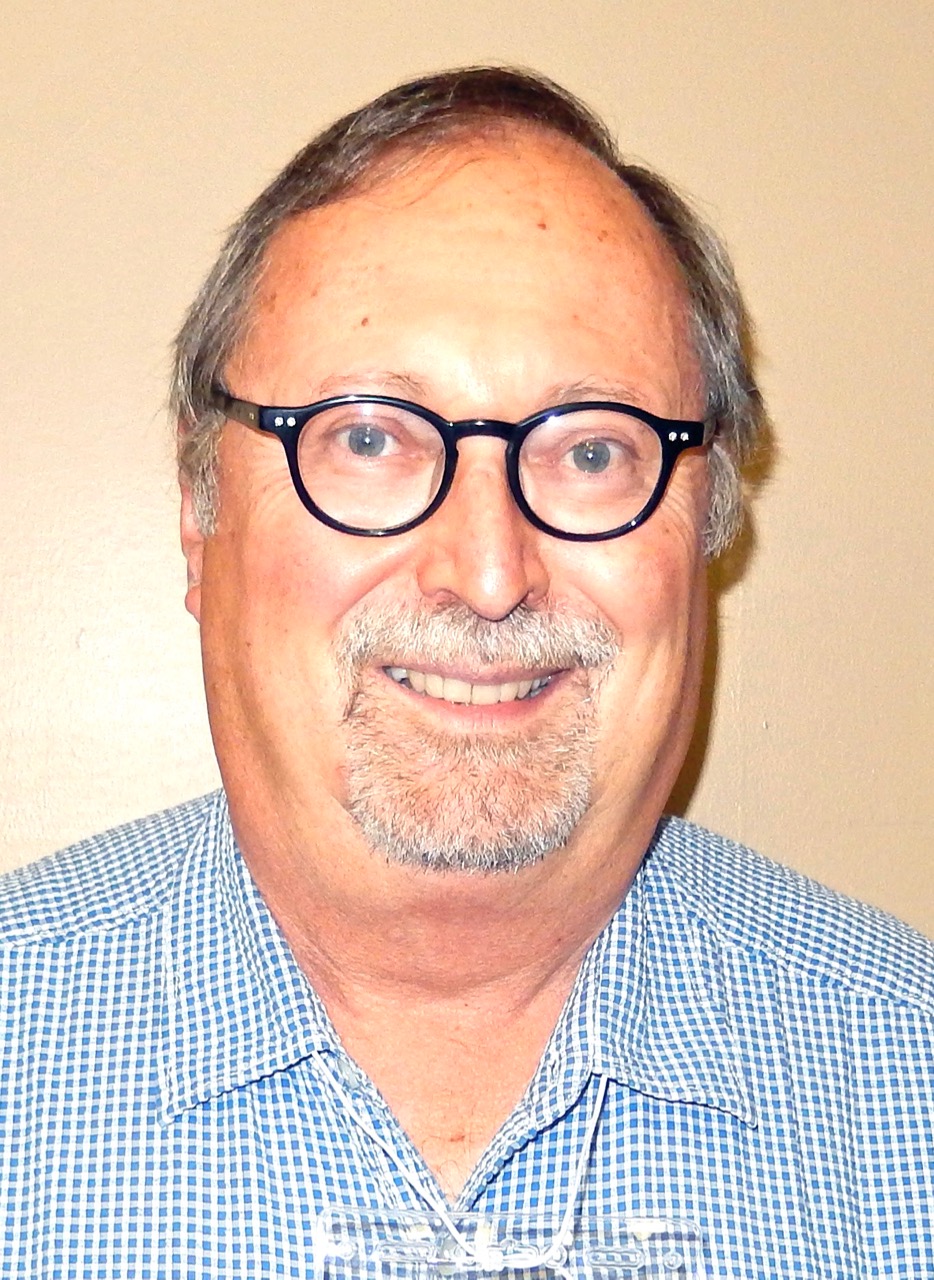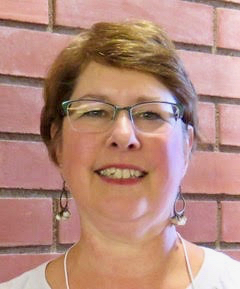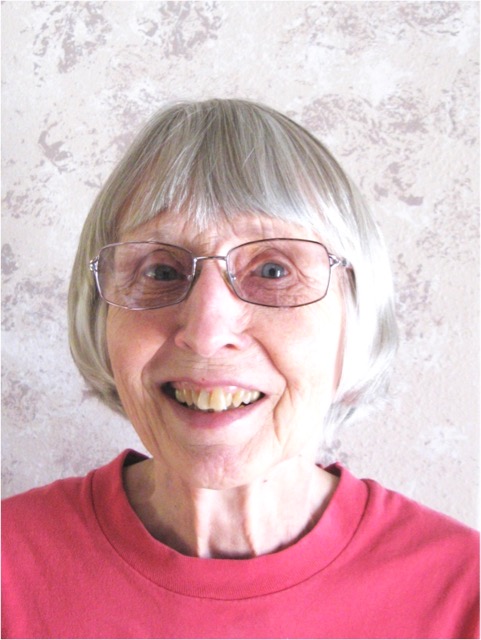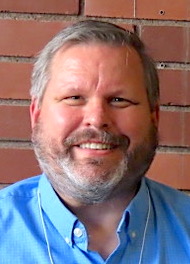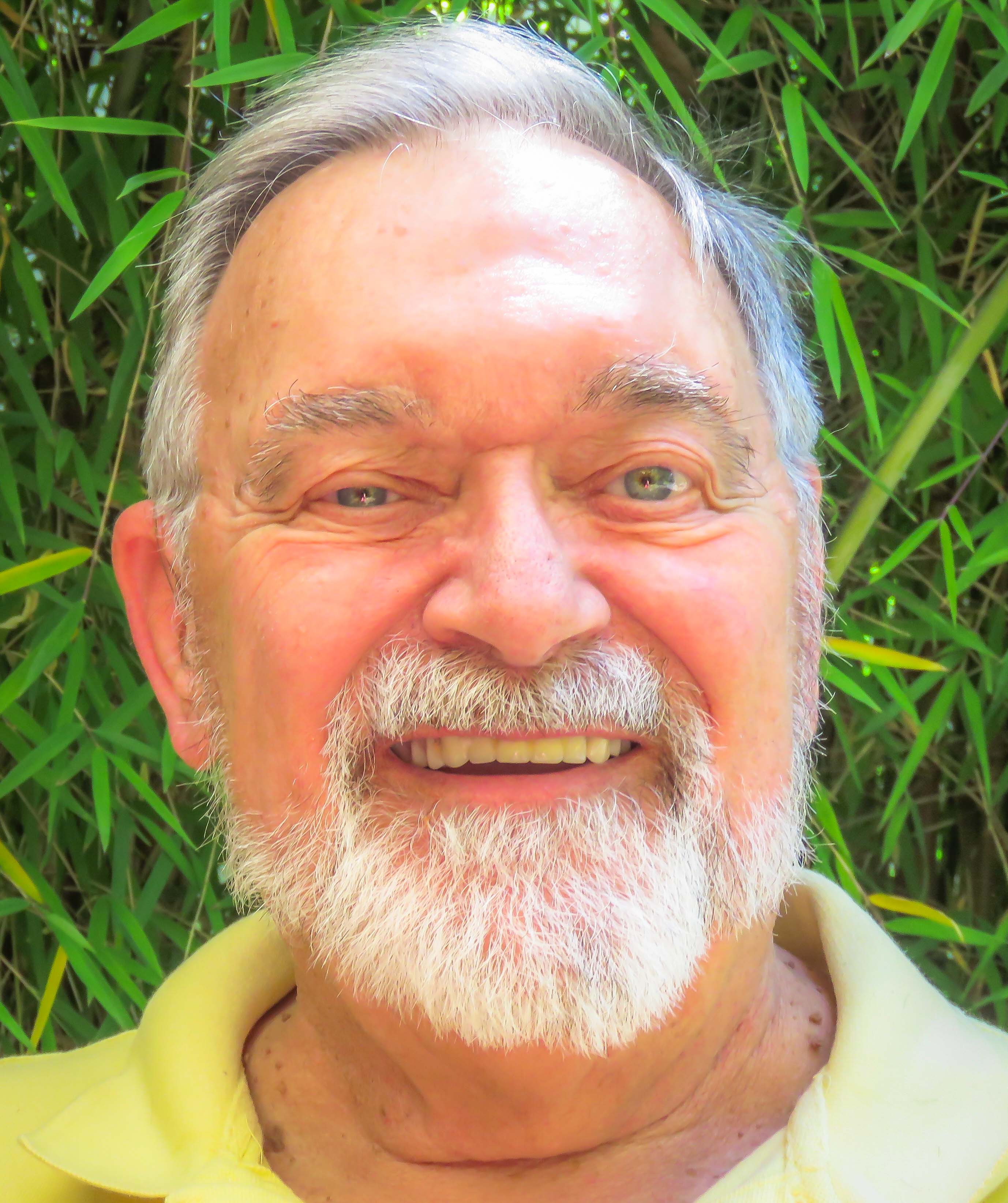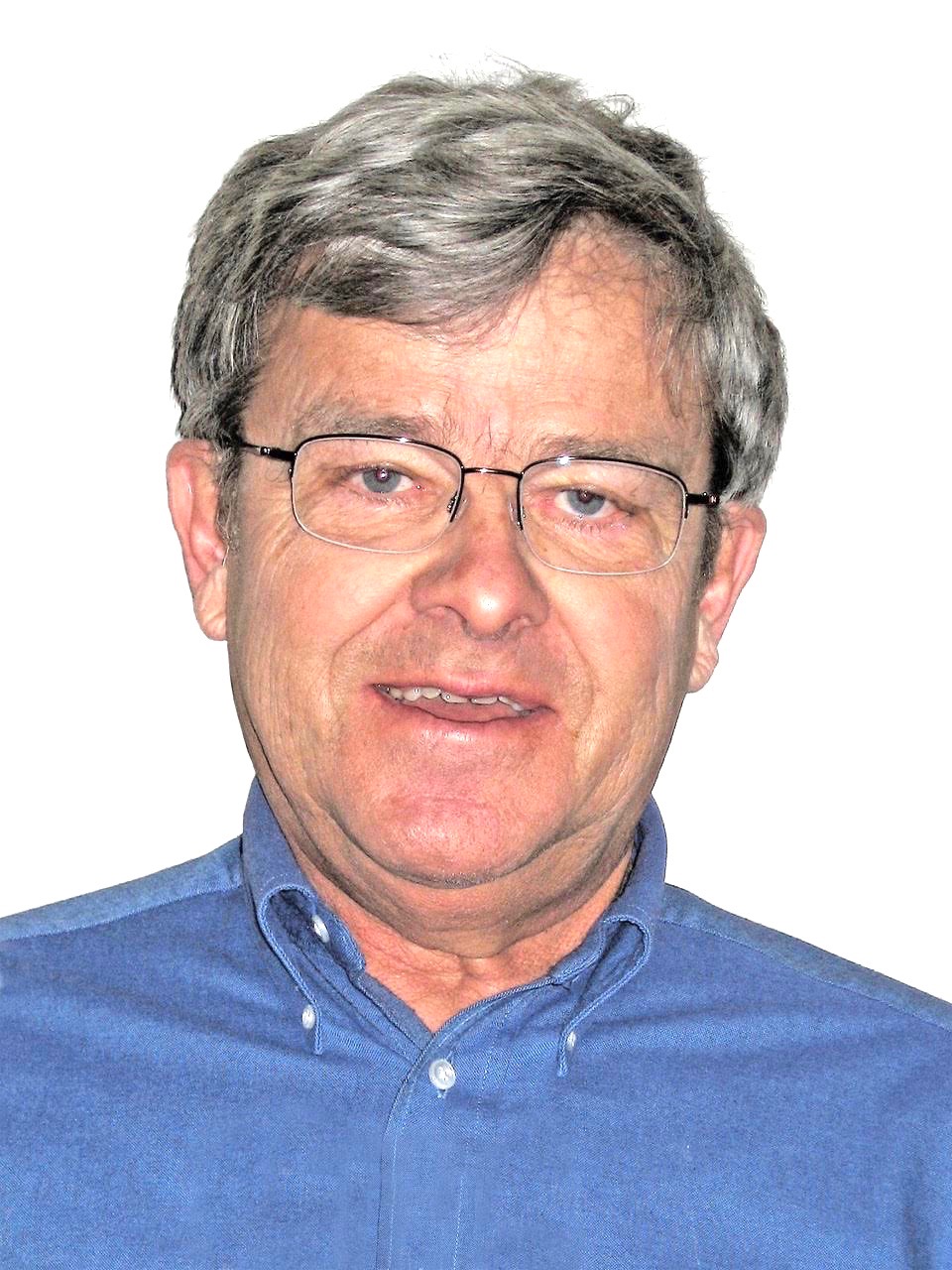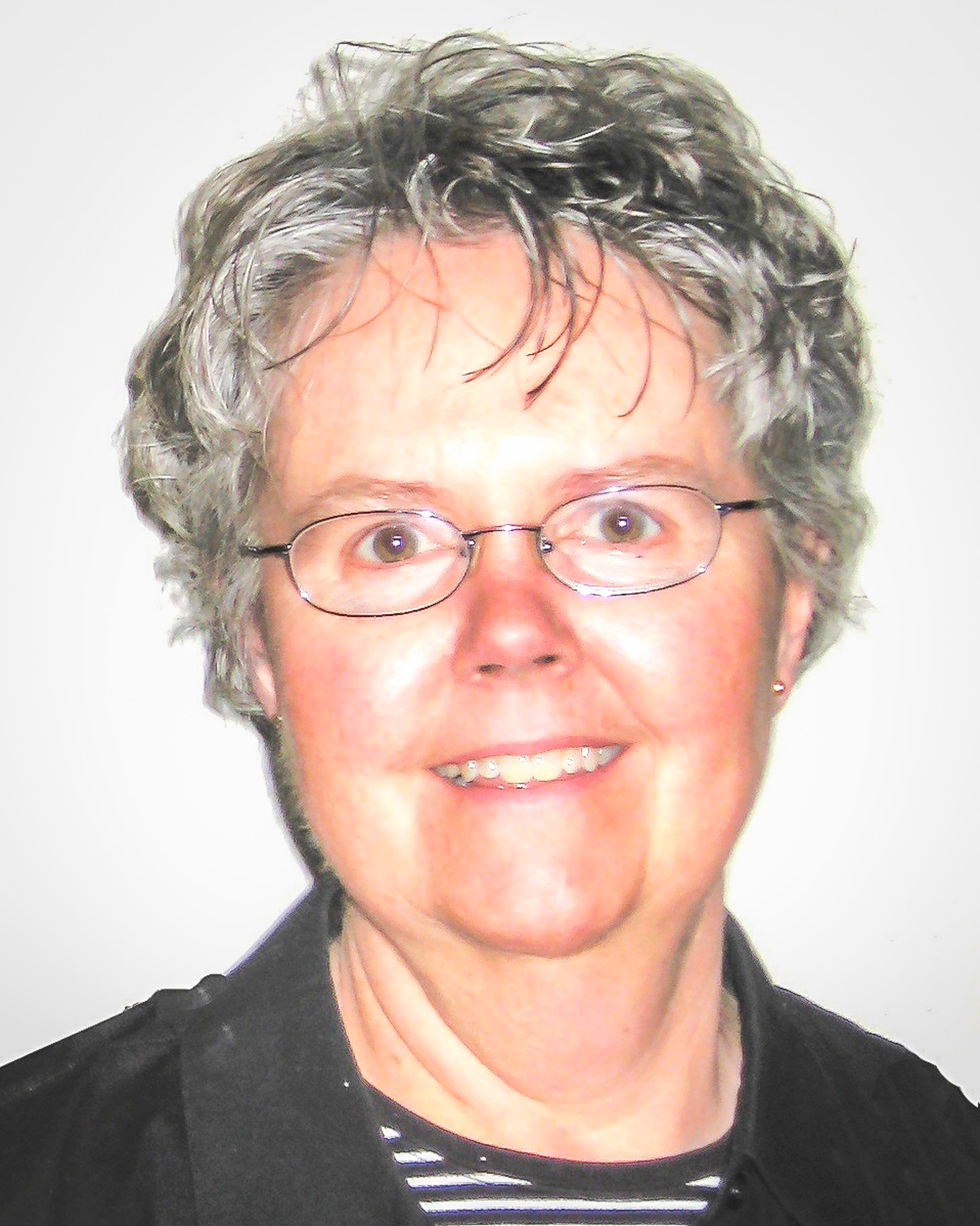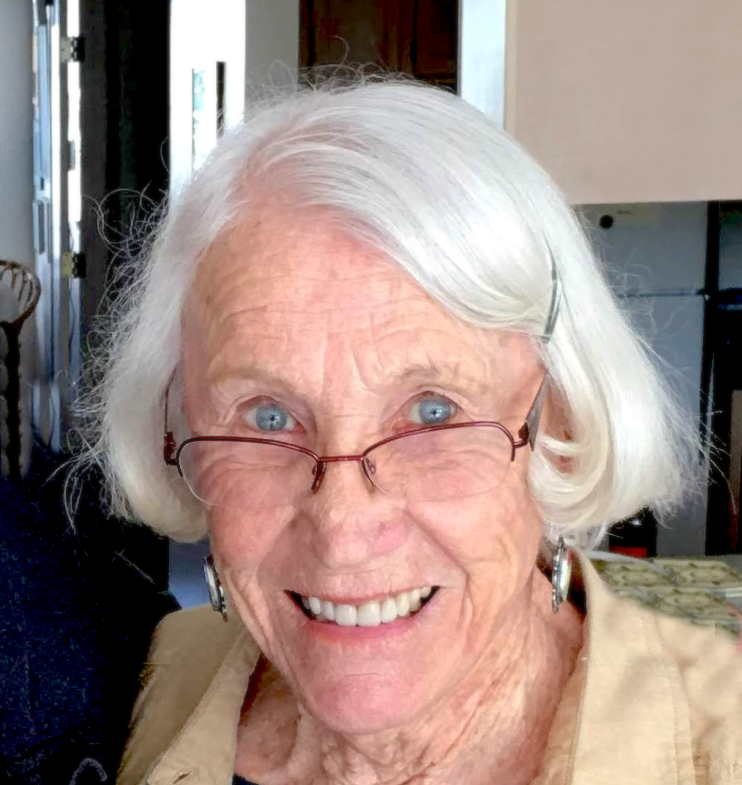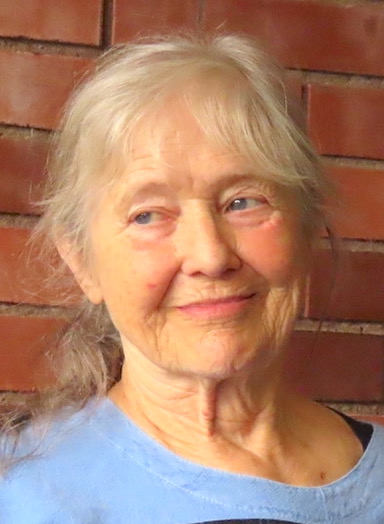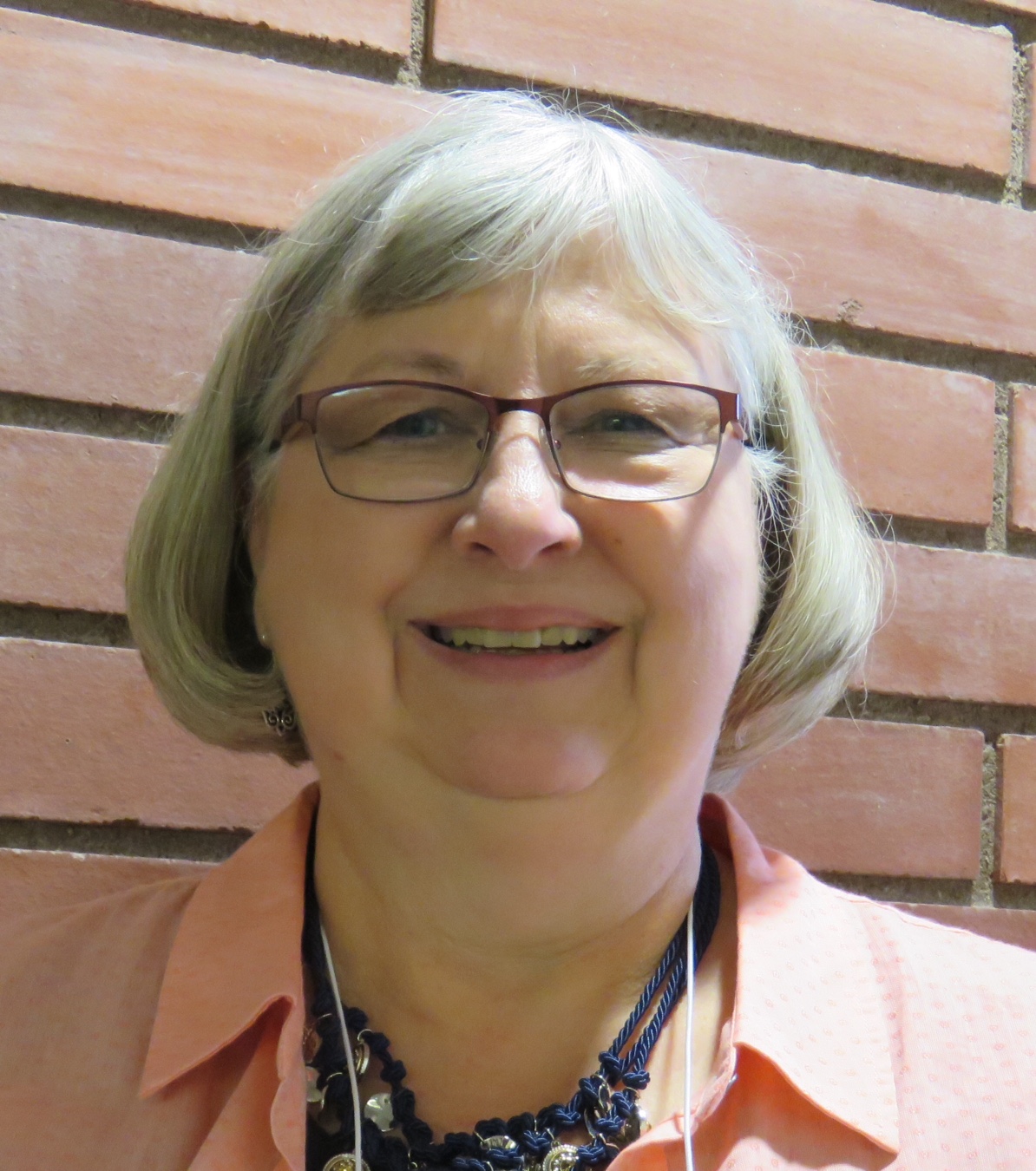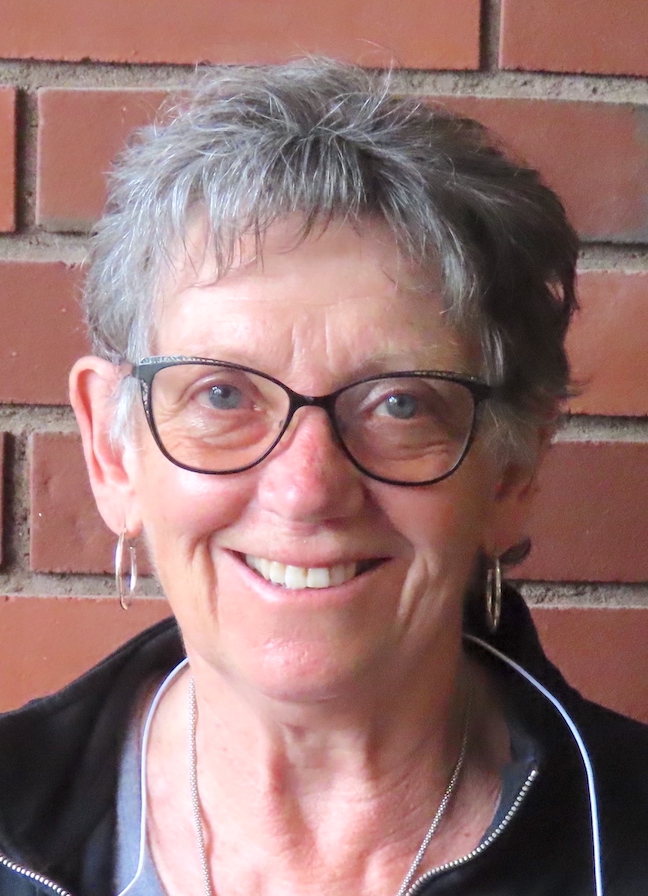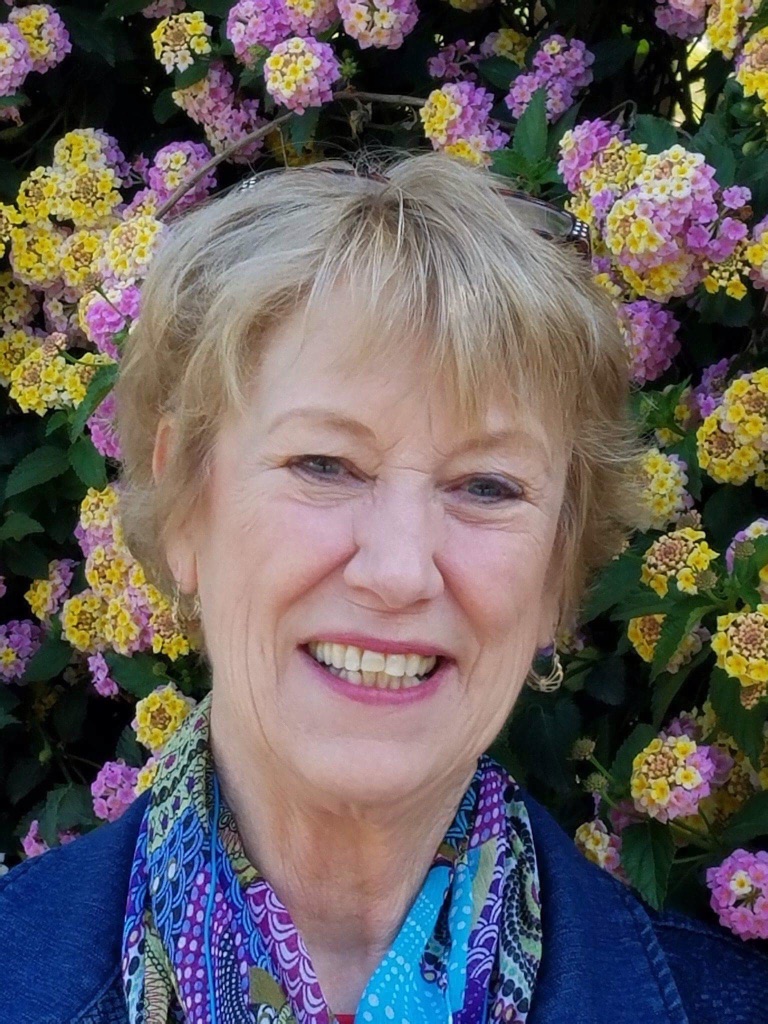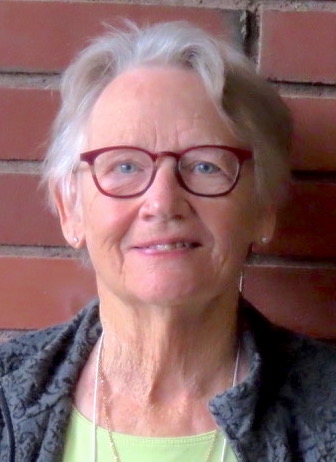Thursday, March 2
| 10:00 am-12:00 pm | "Music Potpourri," Bill Foster, Tracy Ragland, Sharon Wright, Mark Blackburn, Harvey Reynolds [Solveig Holmquist], Kaneko Auditorium
This popular variety show will be brought to you by the following ICL members: |
| 1:00 pm-3:00 pm | "Fire, Ice, and Insect Plagues: What We Can learn From the Life of Trees," Joe Bowersox [Tom Ellis], Kaneko Auditorium 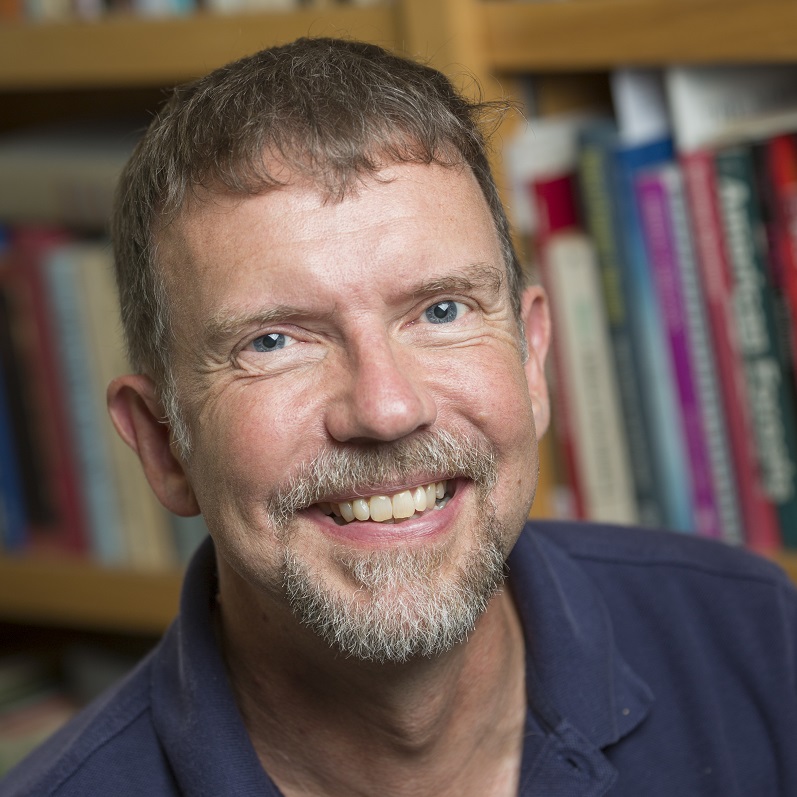 Dr. Joe Bowersox is the Dempsey Endowed Chair in Environmental Politics and Policy at Willamette University and the director of the Willamette Center for Sustainability. Professor Bowersox teaches courses in Environmental and Natural Resource Policy, Forest Management, Environmental Ethics, and Social System/Natural System Interactions. His research and teaching focuses on the nexus of human communities and ecosystems. Dr. Joe Bowersox is the Dempsey Endowed Chair in Environmental Politics and Policy at Willamette University and the director of the Willamette Center for Sustainability. Professor Bowersox teaches courses in Environmental and Natural Resource Policy, Forest Management, Environmental Ethics, and Social System/Natural System Interactions. His research and teaching focuses on the nexus of human communities and ecosystems. |
Tuesday, March 7
| 10:00 am-12:00 pm | "The 1693 Shipwreck of Santo Cristo de Burgos," Cameron La Follette [Ann Boss], Kaneko Auditorium 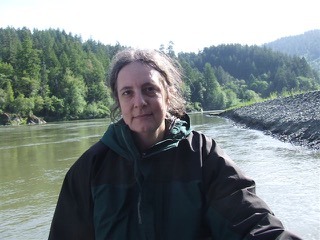 For centuries the Native people of the northern Oregon coast, and then the European-American settlers, saw scattered remains of an ancient ship on Nehalem Spit, and found many large chunks of beeswax. But what ship was it? It is now thought to have been the Santo Cristo de Burgos, a Manila galleon sailing, in 1693, from the Philippines to Acapulco in New Spain, loaded with luxury goods from China. This presentation will delve into how the Maritime Archaeological Society discovered the ship’s identity, and the rich history that La Follette, and her team of researchers, found in Spanish archival documents that chronicle the compelling story of both the ship and the men of the doomed vessel. She will also describe the wreck’s famous aftermath: the treasure hunting frenzy that lasted for more than a century at Neahkahnie Mountain.
For centuries the Native people of the northern Oregon coast, and then the European-American settlers, saw scattered remains of an ancient ship on Nehalem Spit, and found many large chunks of beeswax. But what ship was it? It is now thought to have been the Santo Cristo de Burgos, a Manila galleon sailing, in 1693, from the Philippines to Acapulco in New Spain, loaded with luxury goods from China. This presentation will delve into how the Maritime Archaeological Society discovered the ship’s identity, and the rich history that La Follette, and her team of researchers, found in Spanish archival documents that chronicle the compelling story of both the ship and the men of the doomed vessel. She will also describe the wreck’s famous aftermath: the treasure hunting frenzy that lasted for more than a century at Neahkahnie Mountain.Cameron La Follette received her Master’s in Psychology from New York University and her Law degree from Columbia University. She is Executive Director of Oregon Coast Alliance, a coastal conservation and land use watchdog organization. Her book Sustainability and the Rights of Nature was published in 2017, and the sequel, Sustainability and the Rights of Nature in Practice, in 2019. She is also a traditional poet, whose work is archived at the University of Oregon Special Collections and University Archives. As a coastal historian, her research interests include land use history, early Pacific Northwest exploration and shipwrecks, and the environmental effects of early commercial resource extraction along the coast. In 2018 she was the lead researcher and author on most of the articles in the award-winning special issue of Oregon Historical Quarterly, “Oregon’s Manila Galleon,” about the wreck of a Spanish galleon on the Oregon coast. |
| 1:00 pm-3:00 pm | "Oregon History Snapshot: The Chemeketans," Don Gallagher, Janet Adkins, Kaneko Auditorium
|
Thursday, March 9
| 9:15 am-10:00 am | "ICL Mid-Semester Coffee," ICL Social Services, Kaneko Lobby
Social time with coffee, tea and an extensive buffet of sweet and savory goodies provided by members with last names M-Z. |
| 10:00 am-11:00 am | "Salem's Moving History," Virginia Green [Dave MacMillan], Kaneko Auditorium
Salem’s Moving History' highlights residences and other structures that have changed location, especially since the Capitol fire of 1935. Beginning in 1937, state properties expanded into what is now the North Capitol Mall, demolishing a half-mile corridor of residences stretching from Court to D Street. |
| 11:00 am-12:00 pm | "American Studies Program Post Covid," Jo Kozuma [Eric Reif], Kaneko Auditorium 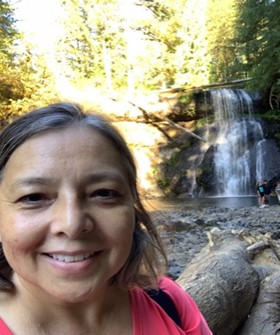 The American Studies Program (ASP) offers a customized one-year study abroad program for sophomores and juniors from Tokyo International University located in Kawagoe, Japan. Willamette University and Tokyo International University have been sister universities since 1965 and this program, which began in 1989, was created by Willamette and TIU to broaden and deepen educational exchange and international engagement for faculty, staff, and students.
The American Studies Program (ASP) offers a customized one-year study abroad program for sophomores and juniors from Tokyo International University located in Kawagoe, Japan. Willamette University and Tokyo International University have been sister universities since 1965 and this program, which began in 1989, was created by Willamette and TIU to broaden and deepen educational exchange and international engagement for faculty, staff, and students. Due to COVID-19, a temporary pause was placed on the program in April 2020. We are delighted to report that the American Studies Program resumes for the Spring 2023 semester for a special one-semester program that will be followed by a new annual one-year program starting in August 2023. The program is designed for ASP students to gain cross-cultural awareness and understanding, intercultural communication, and strengthened abilities to study, live, and work in intercultural environments. This presentation will explore how ASP facilitates a structured interdisciplinary study abroad program to foster a learning environment for students to be able to develop linguistic and scholastic skills in academic and co-curricular contexts of learning. The program aims to prepare students to become active future leaders and responsible members of a global society where international experience and intercultural skills are viewed as important assets for professional success. Dr. Jo Kozuma is a veteran international education specialist who has both faculty and administrative experience in the United States and overseas. As faculty, she has been an English professional in Japan and a Japanese language and culture professional in the United States. Later, her teaching career shifted to direct undergraduate and graduate-level teacher preparation programs for international students who aspire to be K-12 second language educators or college practitioners. She holds a Ph.D. in Curriculum and Instruction with a concentration in English for Speakers of Other Languages (ESOL) and Bilingual Education from the University of Florida. Her research interest is in the cross-cultural analysis of how sociolinguistic community structures support the development of bilingual speakers. |
| 1:00 pm-3:00 pm | "Salem Police Department Tours," Brenda Kidder, Salem Police Department 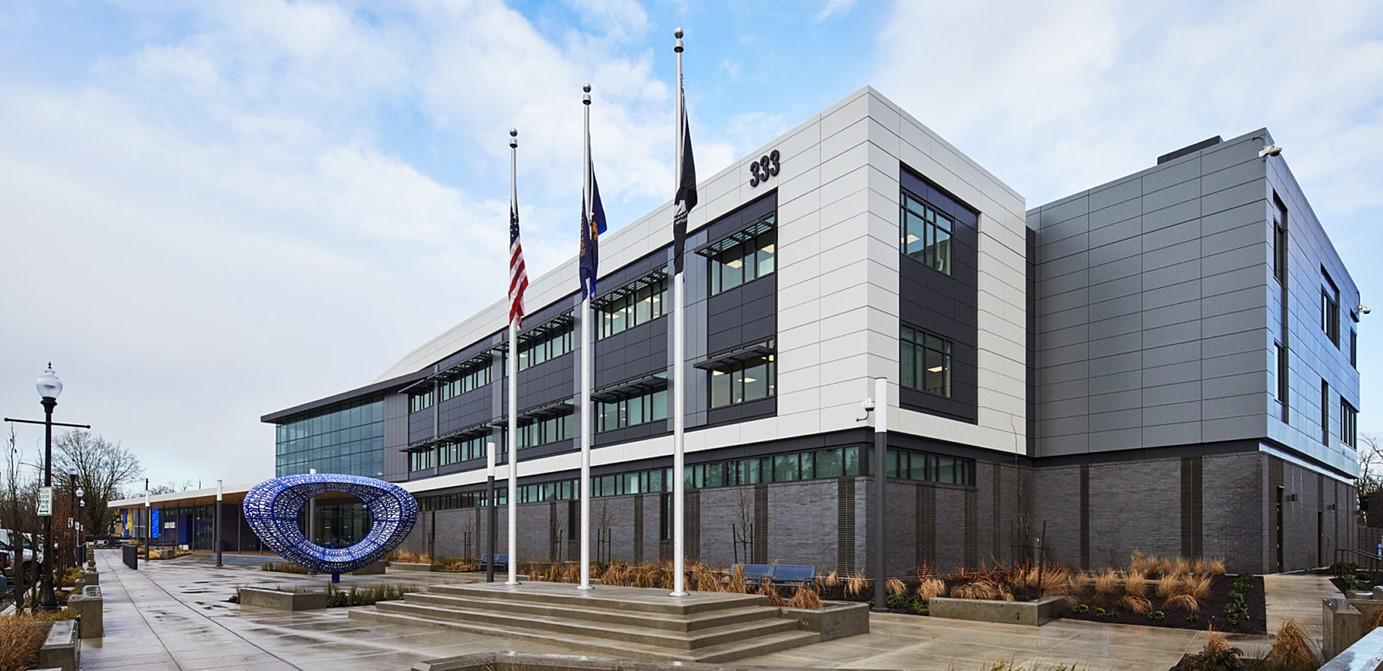 If you haven’t had an opportunity to tour the new Salem Police Department building, now is your chance. Officer Mark Jantz will lead two tours for our group on Thursday afternoon, March 9.
If you haven’t had an opportunity to tour the new Salem Police Department building, now is your chance. Officer Mark Jantz will lead two tours for our group on Thursday afternoon, March 9.Each tour will be limited to 12 people. Tour times are 1:00 pm and 2:15 pm. They ask that we show up a few minutes early so we are ready to start promptly. We will meet in the lobby, there are chairs to sit in while we wait. Everyone will be responsible for their own transportation, carpooling is encouraged. Since we have class that morning, you can meet and rideshare from the Heritage Center parking lot. The building is located at 333 Division St. NE, just a little north of downtown, near Marion Square Park, right across from the new Union Gospel Mission building on commercial Street. Sign up today! Email or call Brenda Kidder to sign-up: 503-871-1827 or kidster58@gmail.com. |
Tuesday, March 14
| 10:00 am-12:00 pm | "Opal Creek: Burned But Not Lost," Andy Adkins [George Adkins], Kaneko Auditorium 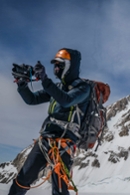 Most of the ancient forests surrounding Opal Creek were scorched by the explosive 2020 Santiam Fires, and the historic mining town of Jawbone Flats was destroyed. From the perspective of filmmaker Andy Adkins, the producer a documentary about Opal Creek interrupted by the fire, this presentation dives into some of the epic stories that make Opal Creek and Jawbone Flats so special in the hearts and minds of Oregonians. Andy will share and discuss photos and video acquired from before and during the fire, as well as material gathered from the past 2+ years of recovery and rebuilding.
Most of the ancient forests surrounding Opal Creek were scorched by the explosive 2020 Santiam Fires, and the historic mining town of Jawbone Flats was destroyed. From the perspective of filmmaker Andy Adkins, the producer a documentary about Opal Creek interrupted by the fire, this presentation dives into some of the epic stories that make Opal Creek and Jawbone Flats so special in the hearts and minds of Oregonians. Andy will share and discuss photos and video acquired from before and during the fire, as well as material gathered from the past 2+ years of recovery and rebuilding.Andy Adkins is a documentary producer, editor and motion graphic artist based in Portland, OR. His award-winning career highlights include documenting the first All-African-American mountaineering team to attempt Denali in An American Ascent, and editing the nationally televised, Emmy-winning PBS documentary Indian Relay. Andy has an MFA in non-fiction film and has also produced films for the National Park Service, Montana Tourism, Montana PBS, and dozens of other commercial and nonprofit organizations. |
| 1:00 pm-3:00 pm | "Freedom Is Indivisible : Democratic Socialism and the Challenge of Totalitarianism," William Smaldone [Jeanette Flaming], Kaneko Auditorium 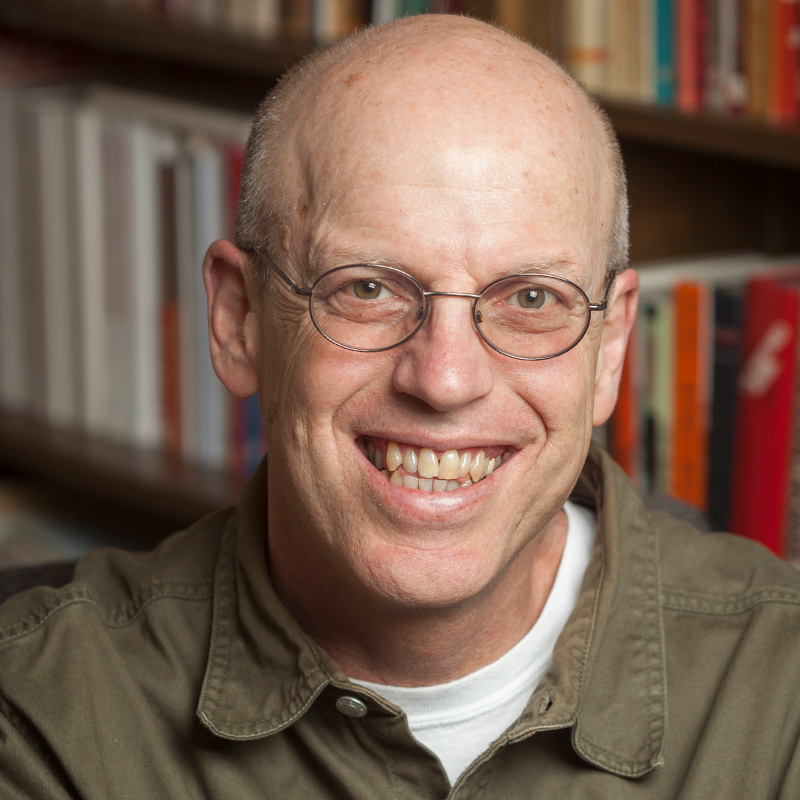 For democratic socialists, the rise of fascism and communism in interwar Europe presented an enormous challenge. How should a movement committed to expanding freedom confront forces aiming to destroy it without compromising its own principles?
For democratic socialists, the rise of fascism and communism in interwar Europe presented an enormous challenge. How should a movement committed to expanding freedom confront forces aiming to destroy it without compromising its own principles? This presentation examines this problem from the perspective of Rudolf Hilferding, a major political figure in the Austrian and German socialist movement from 1900-1940. Hilferding's career spanned the entirety of a decisive era in which the high tide of democratic socialism gave way to its almost complete destruction. His observations on the socialists' dilemma continue to resonate in our own time as our democratic order comes under threat. William T. Smaldone is the E. J. Whipple Professor of History at Willamette.. Bill Smaldone came to Willamette's History Department in 1991. In addition to general surveys in modern European history, he offers courses on German and Russian history, Latin American history, urban history, the Holocaust, European socialism, and capitalism. Education: B.S. State University of New York College at Brockport M.A. State University of New York College at Brockport Ph.D. State University of New York at Binghamton |
Thursday, March 16
| 10:00 am-12:00 pm | "Art Potpourri," Bob Muir, Anita Owens, Lucy Foster, Tracy Ragland, Linda Kirsch [Tracy Ragland], Kaneko Auditorium
Bob Muir: 19th century orientalism |
| 1:00 pm-2:00 pm | "Building Community Theater from the Bottom Up," Tom Nabhan [Jinx Brandt], Kaneko Auditorium 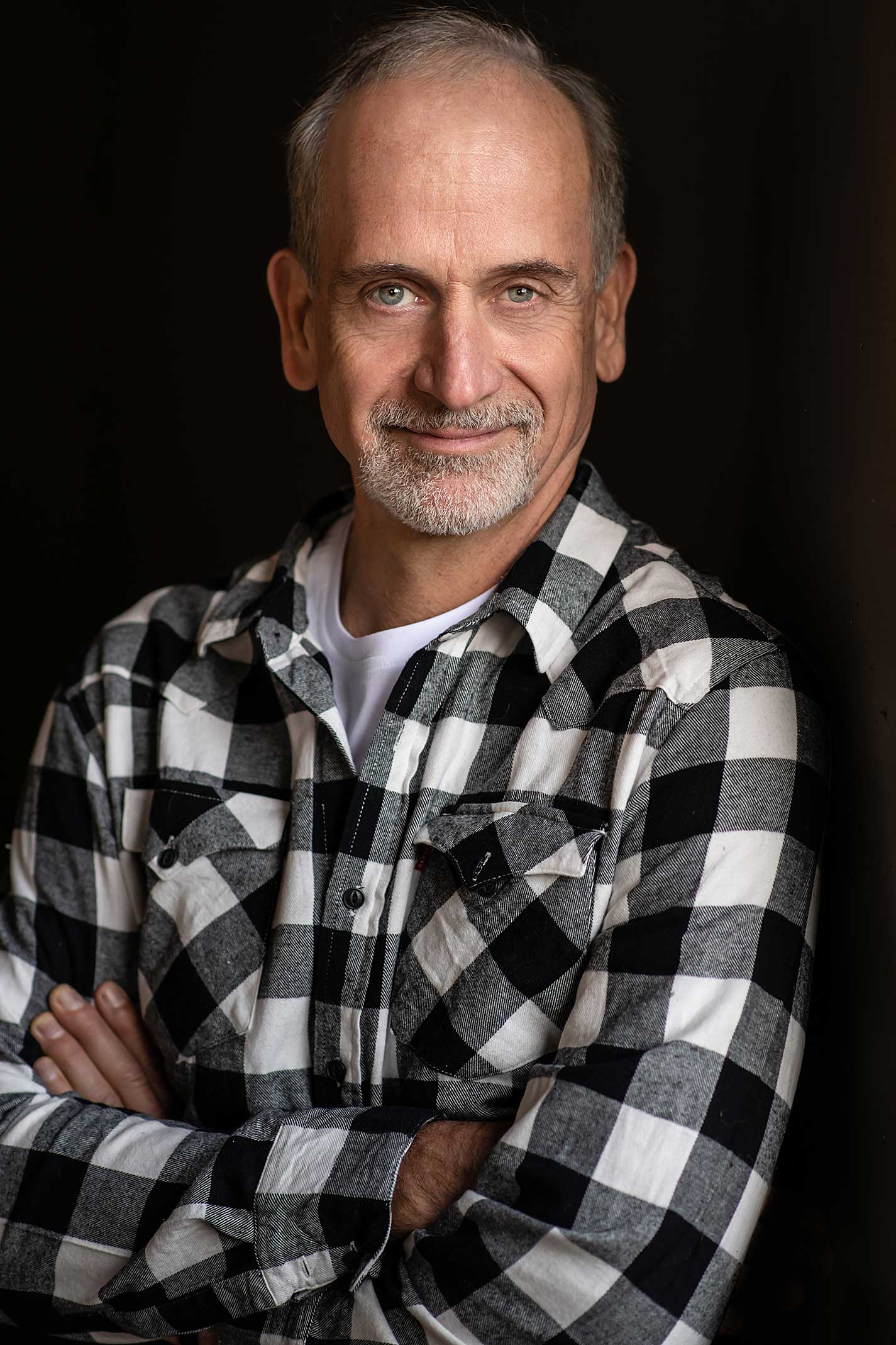 How Theatre 33 got started, our mission, what we have accomplished, and where we want to go. I also will cover our finances and theatre finances in general, and our audience demographics compared to Oregon demographics.
How Theatre 33 got started, our mission, what we have accomplished, and where we want to go. I also will cover our finances and theatre finances in general, and our audience demographics compared to Oregon demographics.Thomas Nabhan is the executive director of Theatre 33 at Willamette University He has worked in film, television, commercials and theater. |
| 2:00 pm-3:00 pm | "Understanding the Inventions That Changed the World, Video Lecture: Beer, Wine and Distilled Spirits ," W. Bernard Carlson [Mark Blackburn], Kaneko Auditorium 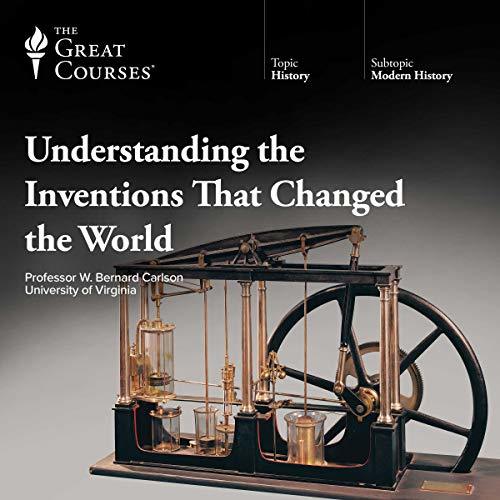 One of the recurring themes in the history of invention is the way technology leads to material abundance. See how the Agricultural Revolution changed life for early humans. Then trace the development of alcoholic beverages from the earliest days of civilization through the Middle Ages and consider the cultural insights alcohol can offer. One of the recurring themes in the history of invention is the way technology leads to material abundance. See how the Agricultural Revolution changed life for early humans. Then trace the development of alcoholic beverages from the earliest days of civilization through the Middle Ages and consider the cultural insights alcohol can offer.Understanding the Inventions That Changed the World is a Great Courses DVD series introduced by W. Bernard Carlson, PhD, Professor and Chair, Department of Engineering and Society, University of Virginia. Professor Carlson is an expert on the role of innovation in American history; his research focuses on the inventors, engineers, and managers who used technology to create new systems and enterprises. This series starts with the development of the potter’s wheel and concludes with the changes brought to the world with the Internet. |
Tuesday, March 21
| 10:00 am-12:00 pm | "Utopia:Literary Genre & Social Experiment ," Robert Muir, Kaneko Auditorium 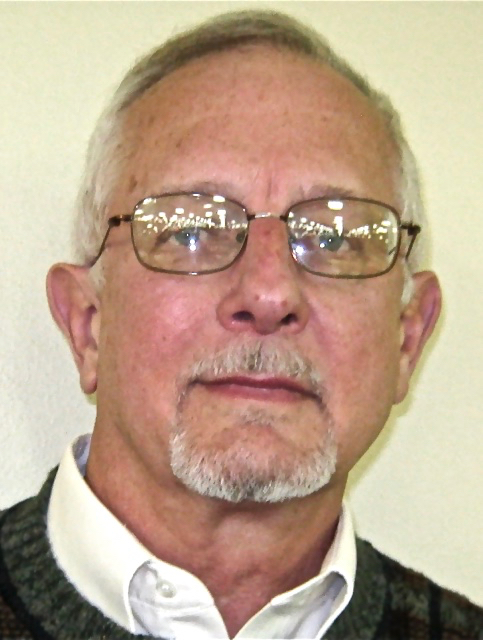 “Utopian” is a term which usually suggests an impossibly ideal society or a dangerous attempt at an ideal society. Yet, it was coined as the title of a work by Sir (and Saint) Thomas More, a Roman Catholic conservative in the time of King Henry the VIII of England, which depicted a society radically different from the one More lived in. Why did More write it? What was his aim? Was Utopia the first work in Western literature depicting an ideal society? Is utopian literature a coherent genre? Has it changed over time? Is it out of fashion in our time?
“Utopian” is a term which usually suggests an impossibly ideal society or a dangerous attempt at an ideal society. Yet, it was coined as the title of a work by Sir (and Saint) Thomas More, a Roman Catholic conservative in the time of King Henry the VIII of England, which depicted a society radically different from the one More lived in. Why did More write it? What was his aim? Was Utopia the first work in Western literature depicting an ideal society? Is utopian literature a coherent genre? Has it changed over time? Is it out of fashion in our time? “Utopian” has also been an epithet used to ridicule attempts at intentional communities and even revolutionary governments of nations. It implies that attempts are unrealistic, doomed to fail and even dangerous. Many have failed. Was failure always due to the form of the utopian society or due to other causes? Why are we so reluctant to attempt to improve the structure of our society? |
| 1:00 pm-3:00 pm | "A Different View of Planned Communities," Eric Olson [Jinx Brandt], Kaneko Auditorium Description TBA |
Thursday, March 23
| 10:00 am-12:00 pm | "Breaking Barriers: The Suffrage Movement in America ," Gloria Holland [Deborah Ehlers], Kaneko Auditorium
In 1848, five women sat at a kitchen table and planned a convention that would begin a 72 year long movement to gain suffrage for women across America. This hour-long readers’ theater presentation will introduce you to some of the women who led the charge. We will hear from Elizabeth Cady Stanton, Susan B. Anthony, Abigail Scott Duniway, Carrie Chapman Catt, and others who worked tirelessly to enable the passage of the 19th Amendment, in 1920, affording women in this county the right to vote. |
| 1:00 pm-2:00 pm | "The story of the castrati in the 17th and 18th centuries.," Susan Miller [Solveig Holmquist], Kaneko Auditorium
|
| 2:00 pm-3:00 pm | "Fake or Fortune," Betsy Belshaw , Kaneko Auditorium 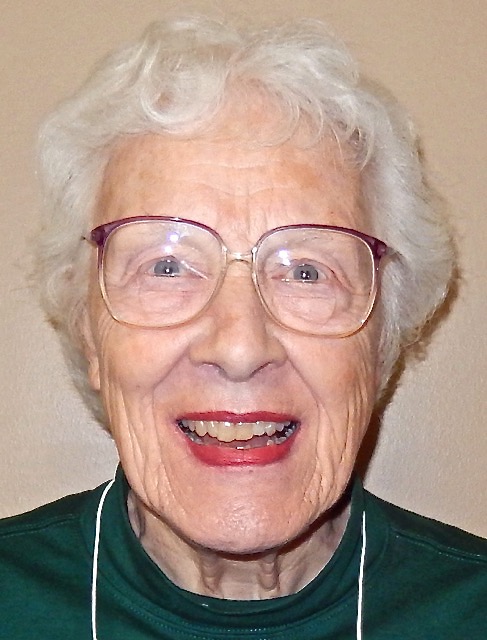 ICL members will learn why they no longer read about the latest painting forger caught and sent to prison for trying to pass off a supposed masterpiece. Learn how science has taken over
ICL members will learn why they no longer read about the latest painting forger caught and sent to prison for trying to pass off a supposed masterpiece. Learn how science has taken overBetsy has been an ICL member since 2015. |
Week of March 28-30
SPRING BREAK—NO CLASSES |


